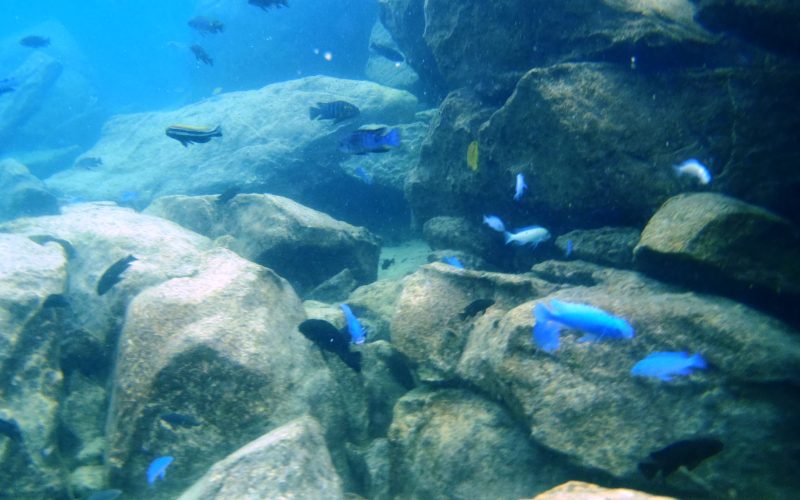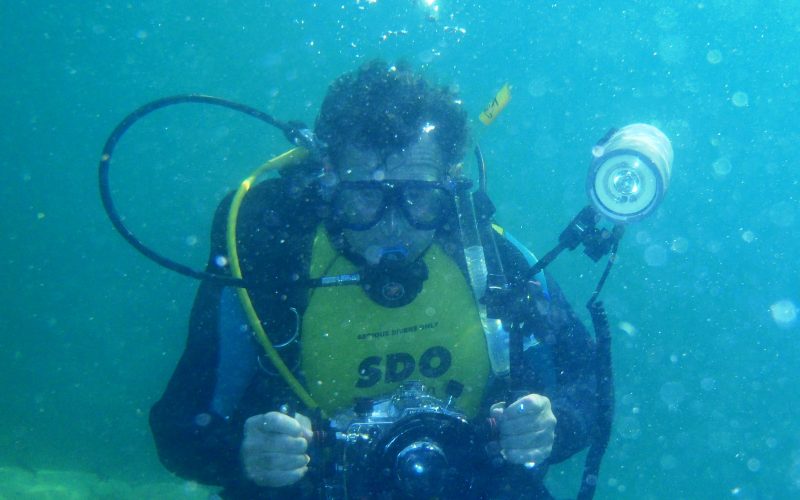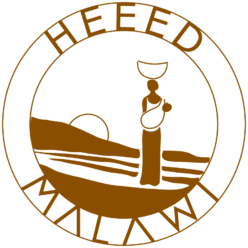

Why do Volunteers come to Malawi?
The Lake Malawi Eco-region has been formally recognized by WWF (World Wide Fund for Nature) as one of the Global 200 regions with a sensitive ecosystem worthy of conservation. Lake Malawi National Park (LMNP) lies within the Lake Malawi Eco-region and was designated by United Nations in 1984 as a World Heritage Site – in recognition of the high fish species diversity and biological importance of its fauna.
The formally pristine Lake Malawi is severely over-fished, threatening to drive to extinction many endemic and endangered fish species. A dramatic increase in deforestation is another threat caused by the fuel needs of the rural communities lying within and around LMNP. With an increased population competing for diminishing natural resources, the task of conservation and environmental education has to include a comprehensive programme that addresses social issues related to the local population.
Nowadays, conservation of natural resources, health, environmental and economic development, are all inextricably intertwined and, since 2001, WWF has been seeking sustainable solutions for the people living adjacent to Malawi’s beautiful National Parks (see also the Conservation Article written for TRAVEL MALAWI).
WWF Finland founded and funded HEEED as an NGO and HEEED is now carrying on these intiatives, having received its first 3-year WWF Finland grant in January 2006. HEEED is also the recipient of generous donation from various individual and organizations (Skyband, Rotary International, UNCC, United Nations Development Programme, World Wide Fund for Nature (WWF) – among others.
In addition to promoting activities in the tourist sector, HEEED is also collaborating with Ministry of Gender, Children, Disability and Social Welfare; Ministry of Industry, Trade and Tourism; Ministry of Natural Resources, Energy and Mining (Dept. of National Parks); Ministry of Transport and Public works; Ministry of Education, Science and Technology; Ministry of Health; Ministry of Civic Education, Culture and Community Development, Malawi Children’s Village, Chembe Primary and Secondary Schools – particularly focused on health issues impacting on both communities and the environment.
The first HEEED Volunteers began arriving at Panda Garden, Chembe – in October 2010. From different age groups and from different parts of the world, HEEED Volunteers have been slowly increasing. Volunteers can currently join HEEED staff in any of the following activities and are also encouraged to make suggestions for improving the programme itself.
If you are int erested in participating in any of the above activities, please check out HEEED Volunteer Programme and go to the Volunteer Application section.
